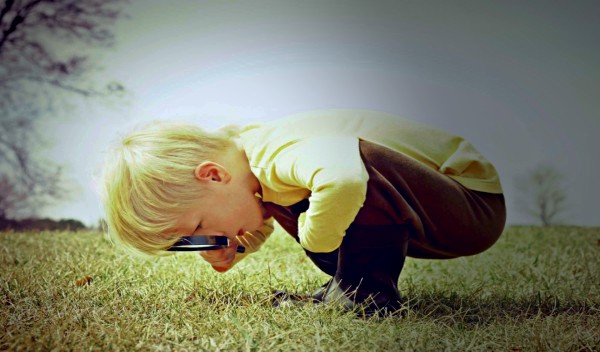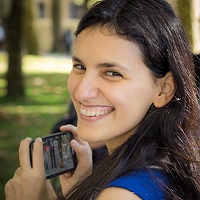“I know exactly what you mean, it’s like when I…”. How many times have we heard this, after just starting to share something important? Maybe the other person does know, maybe not. We want to connect and understand others. We want to relate. And yet, it’s so easy to fill in the blanks and end up not listening at all.

We think we know and make assumptions. We try and confirm our own bias and beliefs.
In coaching, this is a sure way to fail to serve our clients. It’s not about us, it’s about them. We can use our own wisdom and life experiences to have a richer presence, to fine tune our intuition and empathy. In fact, “they” are just like “us”. Our experiences can’t be projected onto the client, to build an image of who they are and what they want. This is because they have their own experiences, lived distinctly from our own.
“It is impossible for a man to learn what he thinks he already knows.” -Epictetus, Discourses, Book II, ch. 17. Greek Philosopher, born a slave.
So, let us remind ourselves that we don’t know what the client is telling us. Only when the conversation evolves into a collaborative exploration, can we discover more.
And how can we learn? By being curious like a child. Give a baby a box and he will put it in his mouth, smell it, explore its texture and colours. The baby might spend days discovering more and more about this box. When others might just see it as a container for other things, the baby will see it as a toy. This box becomes a knob to enter new areas of his ever growing world. Let’s start each coaching session with the intention to be curious and to spark this curiosity in our clients.
Imagine how much more we can learn with this approach.
For a coach, being curious enables us to let go of our beliefs. It allows us to leap beyond first impressions and to connect with the client. It doesn’t matter if their story is like ours because it’s not the story that matters. It’s what the person is experiencing. And that is unique.
Coaching with a child’s curiosity also allows the coach to go beyond words and episodes. Rather, the coach will explore the essence of what the person is sharing. Only with that naivety can one truly learn.
It takes humility and a genuine passion, on every single session.
And what about the rest of us, as clients? Curiosity is key to free ourselves from any beliefs that are holding us back. Maybe we think we can’t change things, maybe we know that something won’t work.
Being curious will empower us to reframe situations, to see new options and alternatives. That curiosity will enable us to find new colours and textures in the box we have.
Imagine what will happen when you remove all rules and restrictions we take for granted. When you just play with the situation and discover what’s possible.
Indeed, only such curiosity can bring us both the hope and the powerful creativity to live the life we want to live.
‘Nan-in, a Japanese Master during the Meiji era received a university professor who came to inquire about Zen. Nan-in served tea. He poured his visitor’s cup full and then kept pouring. The professor watched the cup overflow until he no longer could restrain himself. “It is overfull. No more will go in!” “Like this cup,” Nan-in said, “you are full of your own opinions and speculations. How can I show you Zen unless you first empty your cup”?
 Inês Paler
Inês Paler
Specialised in Coaching, Training, Development and Education; with a strong focus on Leadership, Career development, Team Dynamics and Soft Skills.